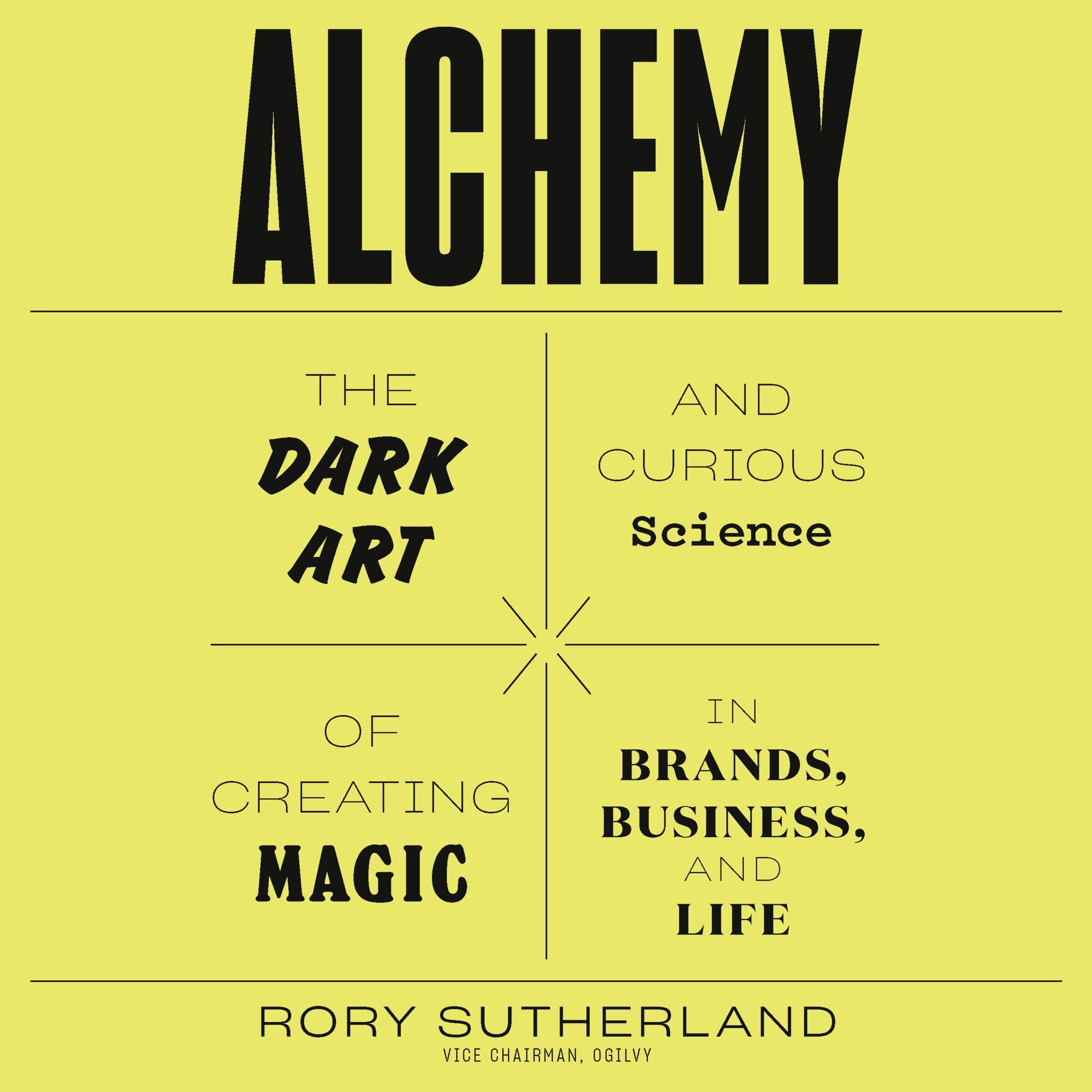Customer Services
Copyright © 2025 Desertcart Holdings Limited
Desert Online General Trading LLC
Dubai, United Arab Emirates


Alchemy: The Dark Art and Curious Science of Creating Magic in Brands, Business, and Life
Trustpilot
1 month ago
2 months ago